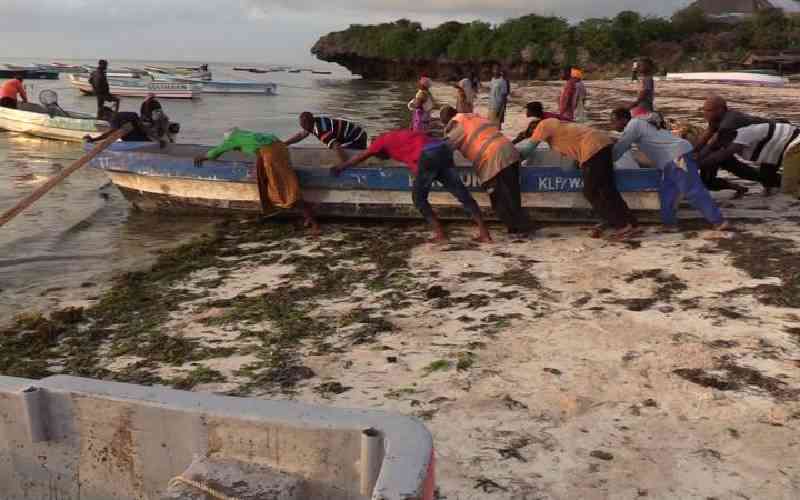×
The Standard e-Paper
Join Thousands Daily

Kenya has reaffirmed its commitment to sustainable tuna fisheries management.
Speaking in Mombasa during the official opening of the Indian Ocean Tuna Commission Special Session, Blue Economy and Maritime Affairs CS Salim Mvurya said Kenya has been at the forefront in championing the effective management of tuna and tuna-like fisheries.







